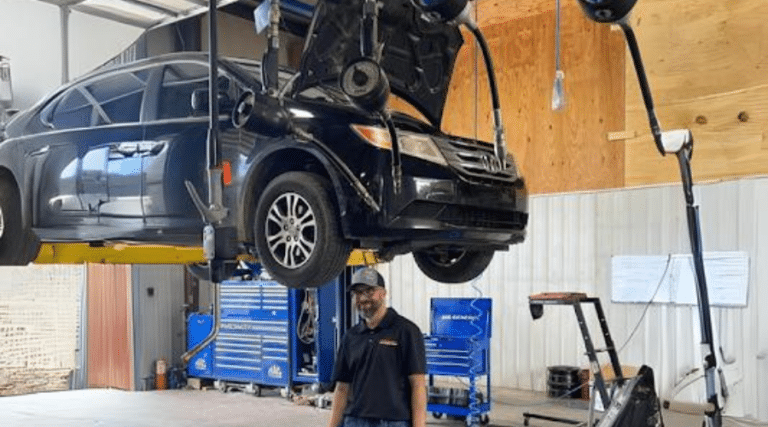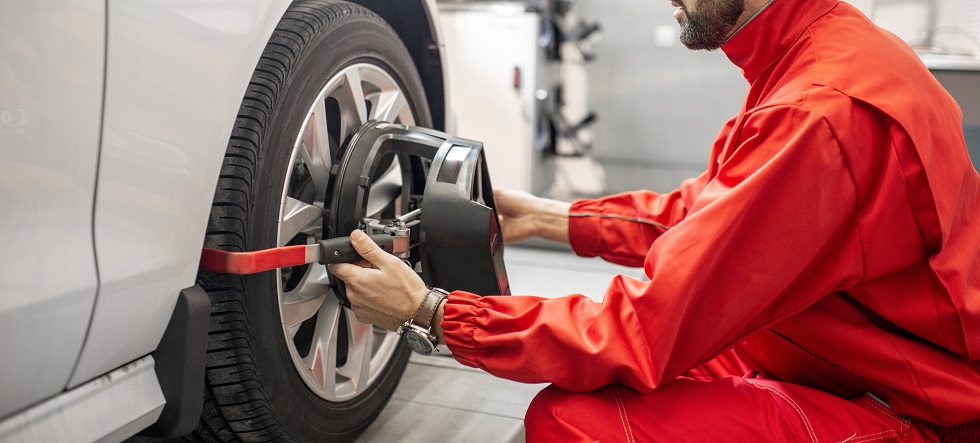All Categories
Featured

Your auto's engine is the heart of your vehicle, and maintaining it in top problem is vital for optimum performance and longevity. Normal engine tune-ups are an excellent way to keep your auto's health, improve gas efficiency, and avoid pricey repair services in the future. Whether you're a vehicle enthusiast or somebody that simply wishes to maintain their car running efficiently, these engine tune-up pointers will certainly aid you obtain the most out of your auto.
- Replace Flicker Plugs. Ignition system play a crucial duty in starting your engine and ensuring smooth combustion. Over time, ignition system can come to be dirty or broken, causing misfires, lowered fuel performance, and rough idling.
During an engine tune-up, evaluate and change your ignition system if needed. The majority of automobiles call for brand-new trigger plugs every 30,000 to 100,000 miles, depending upon the kind. On a regular basis changing spark plugs makes certain proper ignition and optimum engine efficiency.
- Examine and Tidy the Air Filter. The air filter prevents dust, dirt, and debris from entering your engine. A clogged or dirty air filter restricts airflow, causing your engine to work more challenging and melt more gas.
Inspect your air filter during a tune-up and replace it if it's unclean. In dirty atmospheres or locations with hefty contamination, you may need to transform the air filter much more often. A tidy air filter can improve gas effectiveness and prolong the life of your engine.
- Evaluate and Change Belts and Hose Pipes. Belts and hose pipes are crucial for different engine functions, such as powering the alternator, water pump, and cooling system. Gradually, these elements can split, battle royal, or wear, possibly leading to break downs.
Throughout a tune-up, check belts and hoses for indications of wear and change them if needed. Replacing these components proactively can save you from costly repair services and prevent unforeseen failures.
- Clean the Fuel System. Your fuel system, including the fuel injectors and fuel lines, can collect dirt and carbon down payments over time, minimizing engine efficiency. Cleaning the fuel system during a tune-up helps improve efficiency and gas economic climate.
You can use a fuel system cleaner or have an expert mechanic carry out a much more detailed cleaning. This step is particularly vital for older lorries or vehicles that often drive in stop-and-go web traffic.
- Check the Battery and Charging System. A healthy battery is necessary for beginning your engine and powering electric elements. During a tune-up, inspect the battery terminals for corrosion and make certain the connections are limited.
Check the battery's voltage and replace it if it shows signs of weakness. Additionally, have the alternator and billing system examined to ensure your battery stays billed during operation.
- Adjustment the Engine Oil and Oil Filter. Oil modifications are a basic component of engine maintenance. Engine oil lubes moving components, decreases rubbing, and aids regulate engine temperature level. Gradually, oil ends up being infected and sheds its efficiency.
During a tune-up, change the engine oil and oil filter to keep your engine running smoothly. Follow your automobile's producer suggestions for oil kind and change intervals.
- Check the Air Conditioning System. The cooling system avoids your engine from overheating. Gradually, coolant can weaken or end up being infected, decreasing its efficiency.
Check the coolant level and problem during a tune-up, and flush and change it if required. Inspect the radiator, water pump, and pipes for leaks or damages. A properly maintained cooling system helps your engine operate at the ideal temperature level and stops getting too hot.
- Test the Ignition System. A defective ignition system can trigger starting issues and lowered engine efficiency. During a tune-up, examine the ignition coils, supplier cap, and blades (if suitable) Replace any type of elements that show indicators of wear or damages to make sure smooth and reputable engine operation.
- Listen for Unusual Noises. Throughout a tune-up, take the possibility to listen for any unusual engine noises, such as knocking, ticking, or hissing. These sounds can show underlying problems, such as shutoff troubles, loose parts, or exhaust leaks. Attending to these problems early can avoid much more considerable damage.
- Usage High Quality Components and Fluids. When executing an engine tune-up, constantly use top notch parts and liquids that fulfill your automobile producer's requirements. Cheap or wrong components can endanger your engine's efficiency and reliability.
Conclusion: A Well-Tuned Engine is Secret to Longevity. Regular engine tune-ups are important for keeping your cars and truck's efficiency, efficiency, and dependability. By changing worn elements, cleansing crucial systems, and addressing prospective concerns, you can keep your engine running efficiently for several years to come. Whether you're doing it on your own or depending on a trusted mechanic, spending in tune-ups is a wise means to shield your automobile and take pleasure in a safer, smoother adventure.
Latest Posts
Professional Oil Maintenance Today! at MO
Bathroom Fitter's One-Day Tub-to-Shower Conversions: Quick, Stunning, Done
Full Circle Strategic Marketing - Boost Business Growth with Analytics-Powered Strategies
More
Latest Posts
Professional Oil Maintenance Today! at MO
Bathroom Fitter's One-Day Tub-to-Shower Conversions: Quick, Stunning, Done
Full Circle Strategic Marketing - Boost Business Growth with Analytics-Powered Strategies
